Clark Fiction Prize Winners
2022 Award Winner: Percival Everett
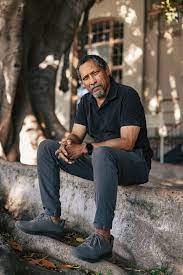
The winner of the 2022 Clark Fiction Prize is Percival Everett. Everett is the author of fifteen novels, among them The Water Cure, Erasure, and Glyph. He is the author of the poetry collection Abstraktion und Einfühlung, the coauthor of A History of the African-American People (Proposed) by Strom Thurmond, as told to Percival Everett & James Kincaid (A Novel), and provided annotations for Akashic’s publication of The Jefferson Bible. He is Distinguished Professor of English at the University of Southern California and lives in Los Angeles.
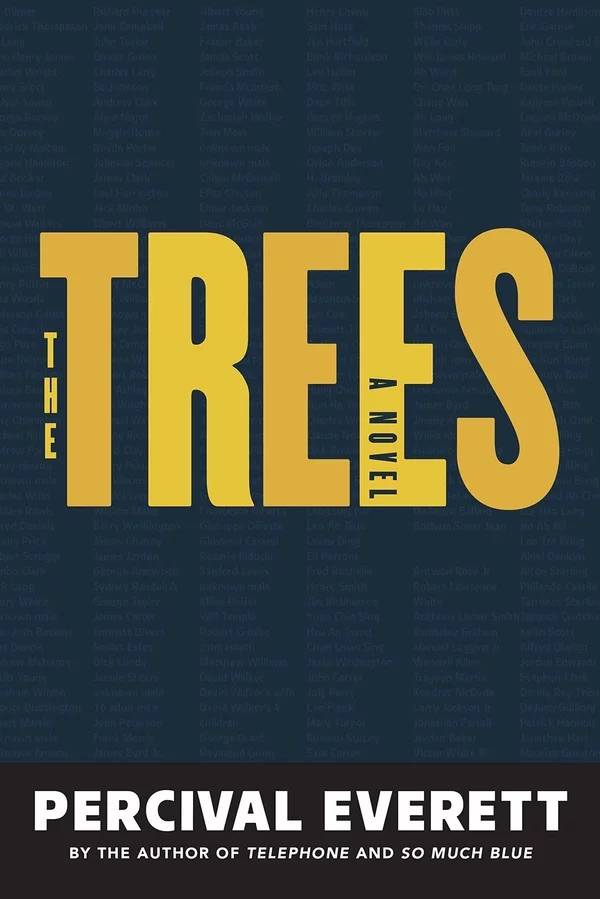
The Trees is a page-turner that opens with a series of brutal murders in the rural town of Money, Mississippi. When a pair of detectives from the Mississippi Bureau of Investigation arrive, they meet expected resistance from the local sheriff, his deputy, the coroner, and a string of racist White townsfolk. The murders present a puzzle, for at each crime scene there is a second dead body: that of a man who resembles Emmett Till.
The detectives suspect that these are killings of retribution, but soon discover that eerily similar murders are taking place all over the country. Something truly strange is afoot. As the bodies pile up, the MBI detectives seek answers from a local root doctor who has been documenting every lynching in the country for years, uncovering a history that refuses to be buried. In this bold, provocative book, Everett takes direct aim at racism and police violence, and does so in fast-paced style that ensures the reader can’t look away. The Trees is an enormously powerful novel of lasting importance from an author with his finger on America’s pulse.

2022 judge, Kali Fajardo-Anstine, is the nationally bestselling author of the novel Woman of Light (One World, 2022) and the widely acclaimed short story collection Sabrina & Corina (One World, 2019). Her work has been nominated for the National Book Award, the PEN/Bingham Prize, the Clark Prize, the Story Prize, the Saroyan International Prize, and the Joyce Carol Oates Prize. Fajardo-Anstine is the winner of a 2020 American Book Award and is the 2021 recipient of the Addison M. Metcalf Award from the American Academy of Arts and Letters. She is the 2022 - 2024 Endowed Chair in Creative Writing at Texas State University.
2021 Award Winner: Raven Leilani

The winner of the 2021 Clark Fiction Prize is Raven Leilani, for her novel Luster. Raven Leilani's work has been published in Granta, The Yale Review and The Cut among other publications. Leilani is a National Book Foundation 5 under 35 honoree, the recipient of the 2020 Kirkus Prize, VCU Cabell Prize, NBCC John Leonard Prize and Center for Fiction first novel prize. Leilani received her MFA from NYU and was an Axinn Foundation Writer-in-Residence. Luster is her first novel.
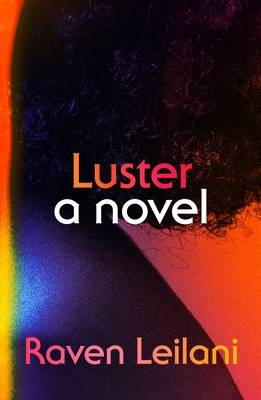
In Luster, Edie is stumbling her way through her 20s—sharing a subpar apartment in Bushwick, clocking in and out of her admin job, making a series of inappropriate sexual choices. She is also haltingly, fitfully giving heat and air to the art that simmers inside her. And then she meets Eric, a digital archivist with a family in New Jersey, including an autopsist wife who has agreed to an open marriage—with rules. As if navigating the constantly shifting landscapes of contemporary sexual manners and racial politics weren’t hard enough, Edie finds herself unemployed and invited into Eric’s home—though not by Eric. She becomes a hesitant ally to his wife and a de facto role model to his adopted daughter. Edie may be the only Black woman young Akila knows.
Irresistibly unruly and strikingly beautiful, razor-sharp and slyly comic, sexually charged and utterly absorbing, Leilani’s Luster is a portrait of a young woman trying to make sense of her life—her hunger, her anger—in a tumultuous era. It is also a haunting, aching description of how hard it is to believe in one's own talent, and the unexpected influences encountered along the way.

2021 judge, Téa Obreht, won the 2011 Orange Prize for Fiction with her debut novel, The Tiger’s Wife, and was a 2011 National Book Award finalist and an international bestseller. Her work has been anthologized in The Best American Short Stories and The Best American Non-Required Reading, and has appeared in The New Yorker, Harper's, The Atlantic, Vogue, Esquire and Zoetrope: All-Story, among many others. She was the recipient of the Rona Jaffe fellowship from the Dorothy and Lewis B. Cullman Center for Scholars and Writers at the New York Public Library, and a 2016 fellowship from the National Endowment for the Arts.
2017 Award Winner: Colson Whitehead
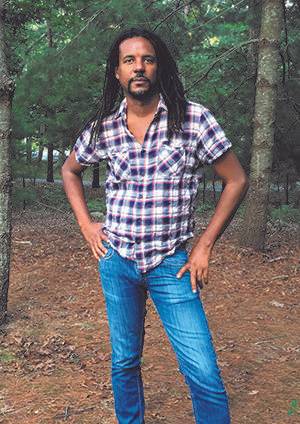
The winner of the 2017 Clark Fiction Prize is Colson Whitehead, for his novel The Underground Railroad. Colson Whitehead is the author of six novels, including Sag Harbor, which was a finalist for the PEN/Faulkner Award; John Henry Days, which was a finalist for the National Book Award; and The Intuitionist, which was a finalist for the PEN/Hemingway Award; as well as two critically-acclaimed works of nonfiction, The Colossus of New York and The Noble Hustle. He is the recipient of a Guggenheim Fellowship, a MacArthur “Genius Grant,” and the Whiting Award. His latest novel, The Underground Railroad, has won the National Book Award, Pulitzer Prize, and the Clark Fiction Prize.
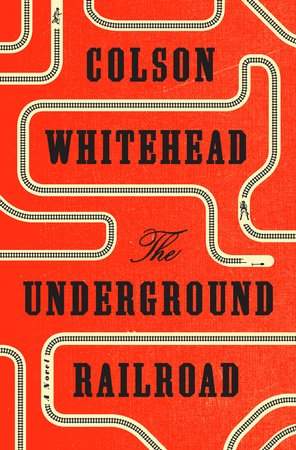
The Underground Railroad, which has also won the Pulitzer Prize for fiction and the National Book Award, chronicles a young slave’s harrowing adventures as she makes a desperate bid for freedom in the antebellum South. In Whitehead’s conception, the Underground Railroad is no mere metaphor—engineers and conductors operate a secret network of tracks and tunnels beneath the Southern soil. The protagonist, Cora, encounters different worlds at each stage of her journey—hers is an odyssey through time as well as space. As Whitehead re-creates the unique terrors for black people in the pre-Civil War era, his narrative seamlessly weaves the saga of America, from the brutal importation of Africans to the unfulfilled promises of the present day.

2017 judge, Karen Russell, won the 2012 National Magazine Award for fiction, and her first novel, Swamplandia!, was a finalist for the Pulitzer Prize in 2011. She is a graduate of the Columbia MFA program, a 2011 Guggenheim Fellow, a 2012 Fellow at the American Academy in Berlin, and a recipient of a MacArthur “Genius” fellowship. Russell is the author of St. Lucy’s Home for Girls Raised by Wolves, Vampires in the Lemon Grove: Stories, and Sleep Donation: A Novella.
2016 Award Winner: Jim Shepard

The winner of the 2016 Clark Fiction Prize is Jim Shepard, for his novel The Book of Aron. Shepard is the author of seven novels and four story collections, including Like You’d Understand, Anyway, which was a finalist for the National Book Award and won The Story Prize. Five of his short stories have been chosen for the Best American Short Stories, two for the PEN/O. Henry Prize Stories, and one for a Pushcart Prize. He teaches at Williams College.
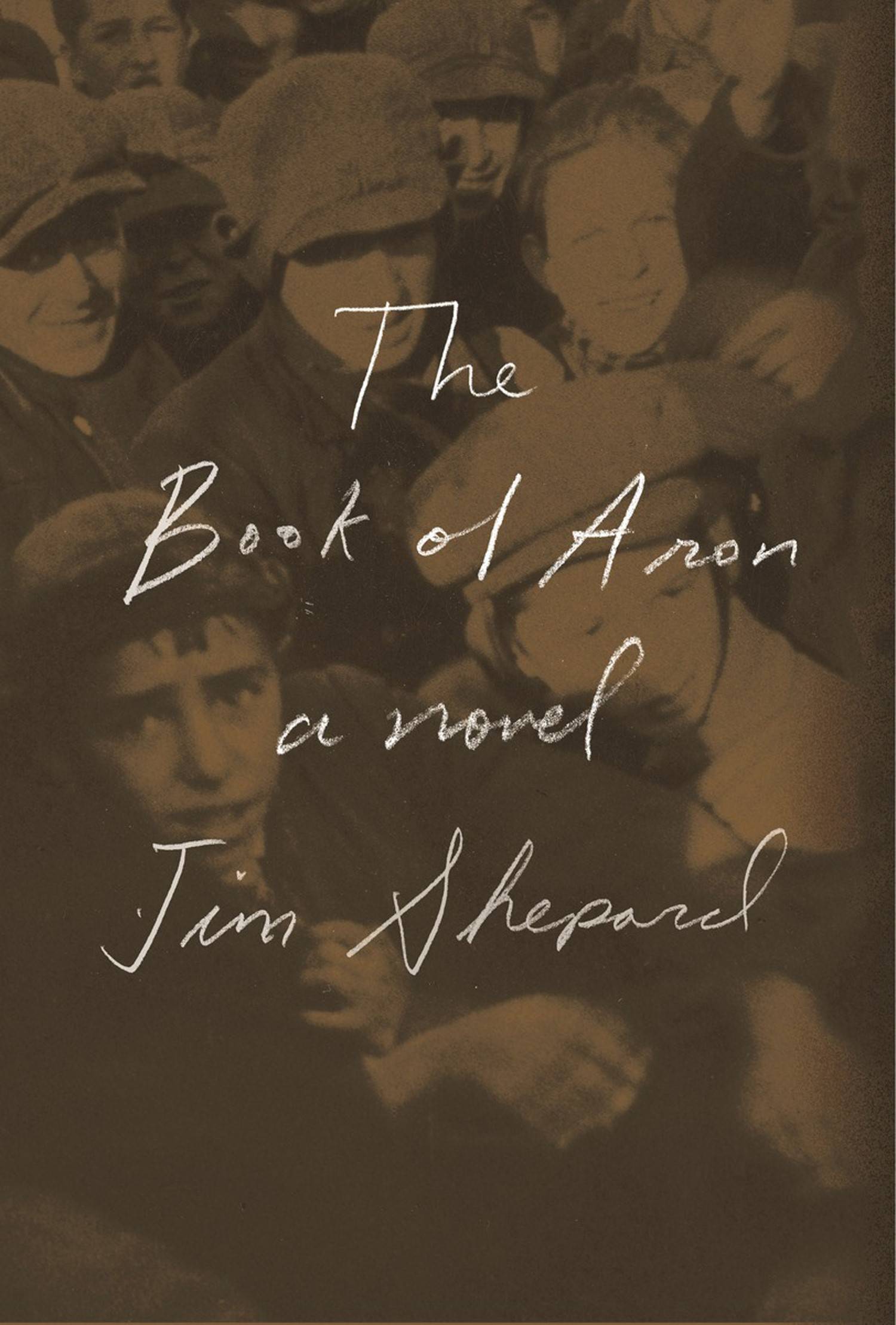
In The Book of Aron, Shepard explores the troubled life of Aron, a small, sullen 8-year-old whose family moves from a rural Polish village to hectic Warsaw in search of a better life. His family’s hopes for the future crumble as the occupying German government imposes harsh restrictions. Officially confined to the Jewish quarter, with hunger, vermin, disease and death all around, everyone for whom Aron cared is stripped away from him. Alone, his only hope lies with Janusz Korczak, the renowned doctor, children’s rights advocate, and radio host who runs a Jewish orphanage. And Korczak in turn awakens the lost humanity inside the boy.

2016 judge, novelist Cristina García, is the author of the National Book Award finalist Dreaming in Cuban and a former Endowed Chair of Creative Writing at Texas State.
